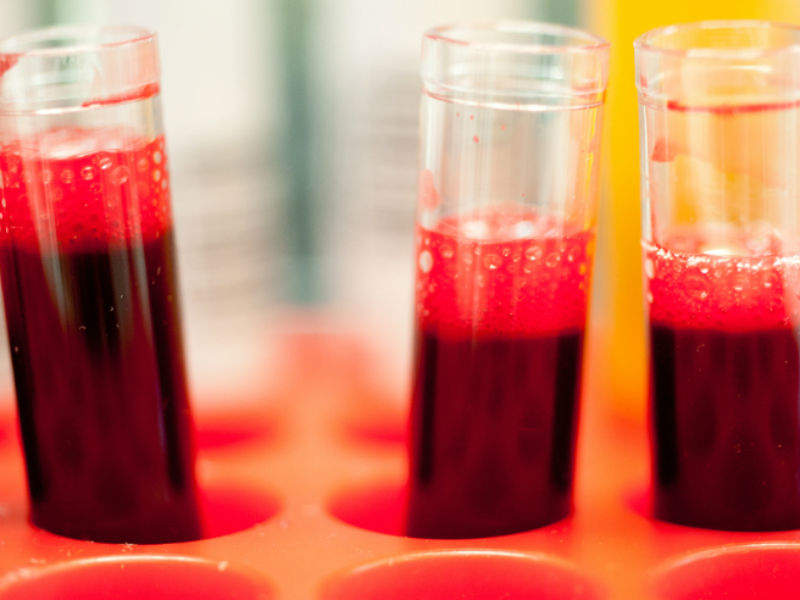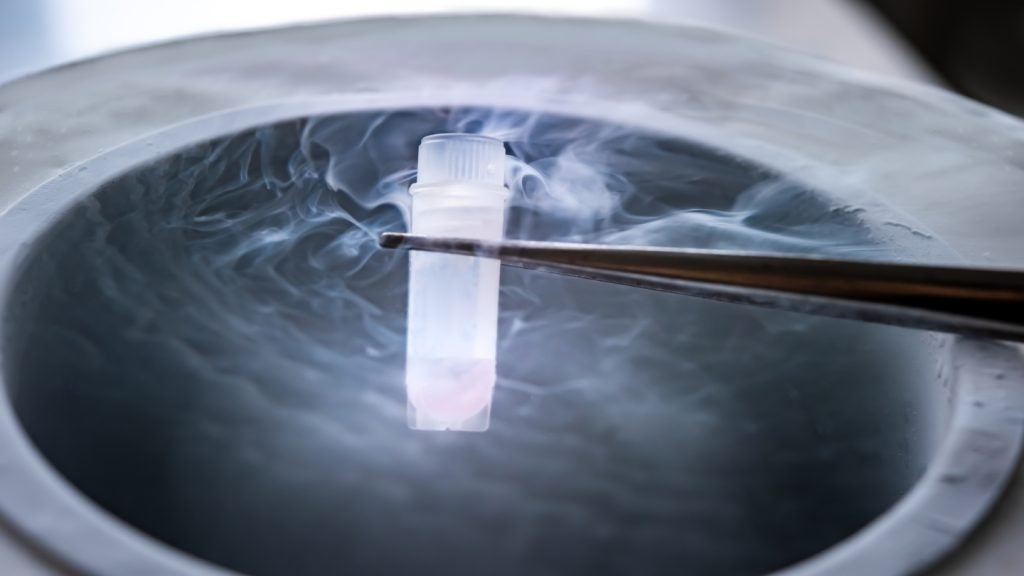
A study by The Institute of Cancer Research (ICR) and The Royal Marsden NHS Foundation Trust in the UK has indicated that a new blood test can quickly predict response to a breast cancer drug called palbociclib.
The test is designed to detect the circulating tumour DNA fragments that enter the bloodstream.
Early findings showed that the test could deliver results in two to three weeks, which is much earlier than existing methods that are said to take about two to three months.
Approved in November last year by NICE, palbociclib is indicated for women who did not receive any prior treatment.
ICR molecular oncology professor, Nicholas Turner, said: “Palbociclib is one of a new class of drugs that delays cancer progression for patients with advanced breast cancer but it’s not effective for everybody.
“Our new study found that a blood test for cancer DNA in the first two weeks of treatment indicated whether the drug was likely to be effective.
How well do you really know your competitors?
Access the most comprehensive Company Profiles on the market, powered by GlobalData. Save hours of research. Gain competitive edge.

Thank you!
Your download email will arrive shortly
Not ready to buy yet? Download a free sample
We are confident about the unique quality of our Company Profiles. However, we want you to make the most beneficial decision for your business, so we offer a free sample that you can download by submitting the below form
By GlobalData“Having an early indication of how likely a treatment is to work might allow us to adapt treatment – switching some patients to an alternative drug that is more likely to benefit them.”
In 73 oestrogen receptor positive patients, the researchers compared the amount of PIK3CA gene found through the new blood test before treatment and after 15 days from the start of treatment.
It was observed that subjects who had a small decrease in PIK3CA circulating DNA at 15 days had a median progression-free survival of 4.1 months, while those who experienced a large decrease had 11.2 months.
The researchers expect that use of the new test could help in early identification of women for whom the treatment is not as effective, allowing for potentially quick change of treatment course.




